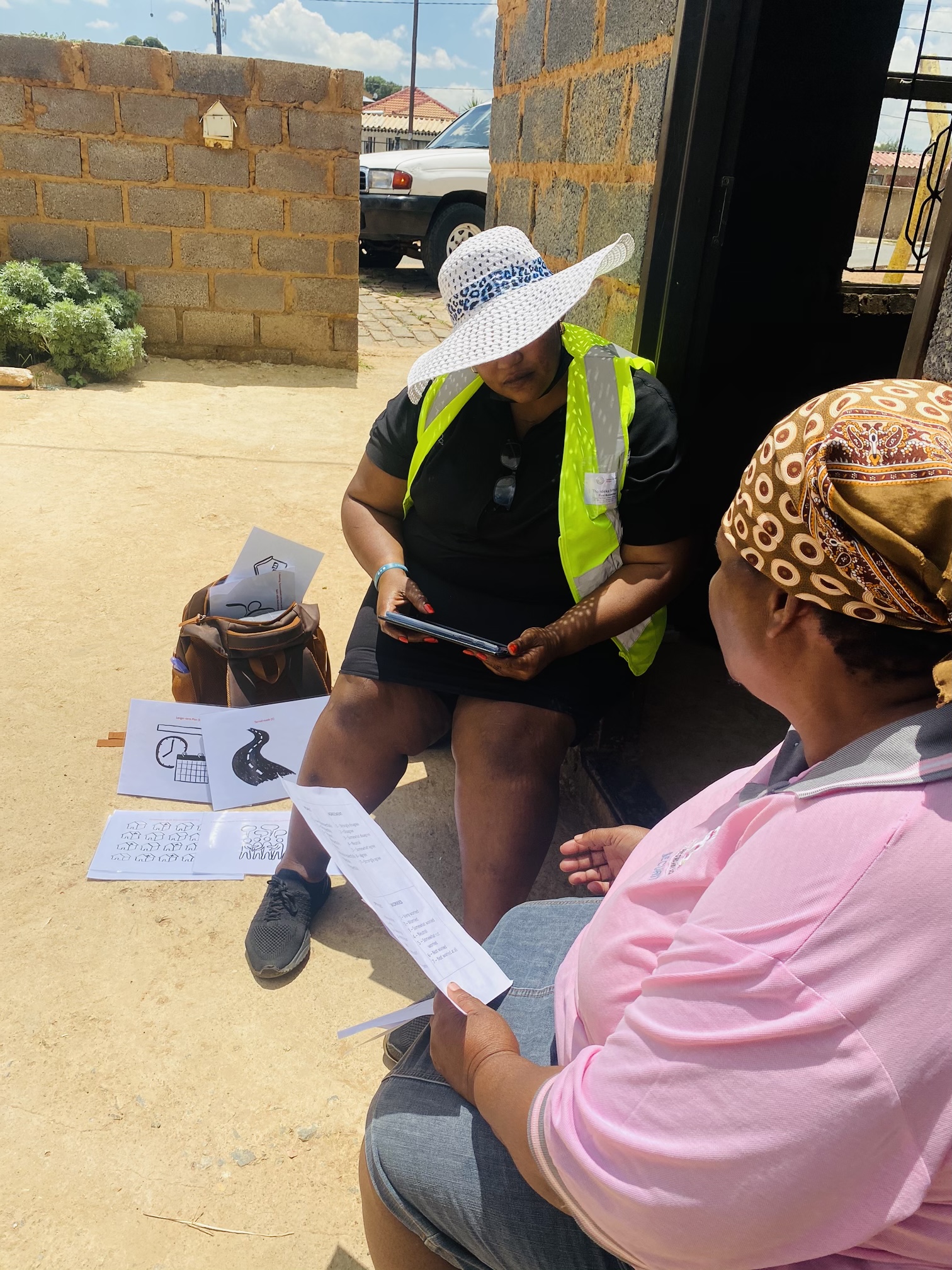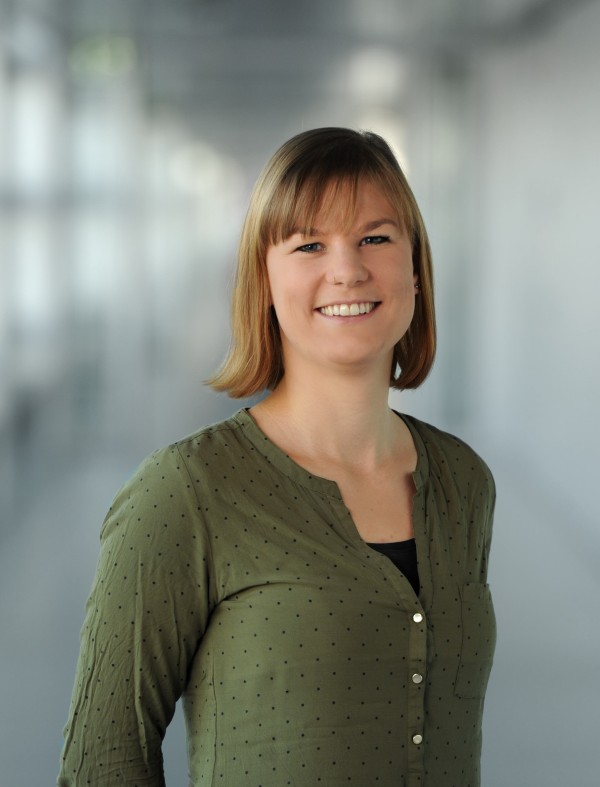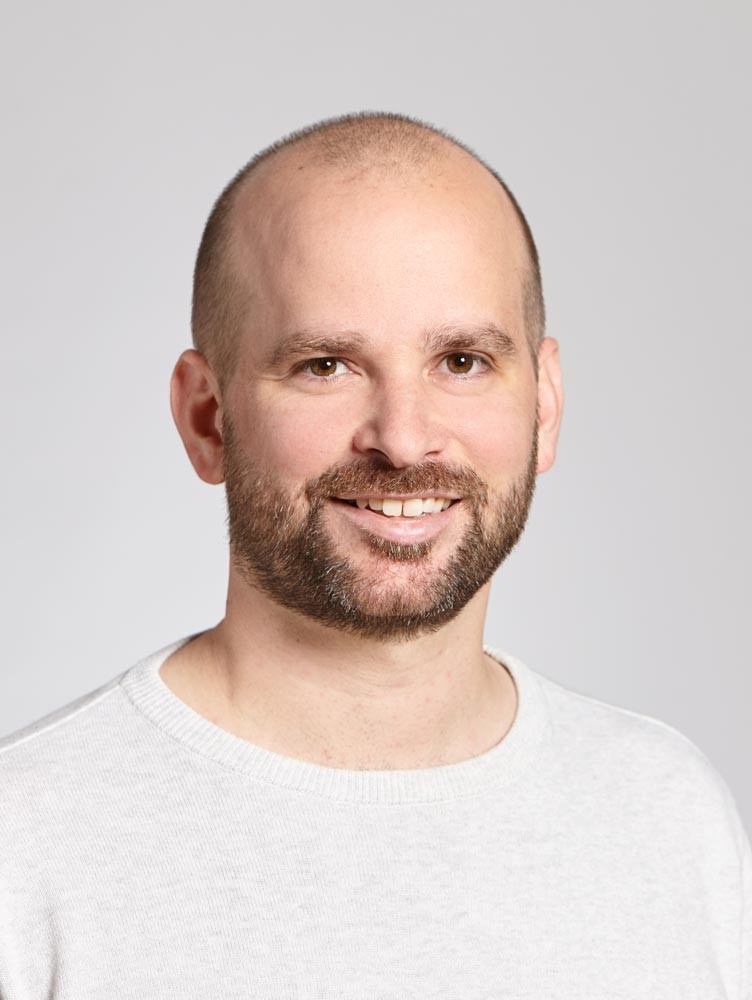Public Participation in Urban Planning (Completed 2024)
Public participation has become a widely used concept in the rhetoric and practice of planning, and an accepted approach in the formulation and implementation of spatial plans, urban policies, or development projects. Despite the widespread use of the concept in both theory and practice, there is however no common understanding of what participation encompasses.
This doctoral research project contributes to a more nuanced understanding of participation and addresses two main questions: How can the phenomenon of participation be conceptualised in a way that does justice to its variety of different forms? And what is the people’s perspective of participatory processes in practice? Accordingly, this project consists of two parts: a conceptual part and an empirical part. The empirical part of the research is conducted in Johannesburg, South Africa, and follows a sequential multi-method research design combining statistical analysis of survey data (including a factorial survey experiment) with case-study analysis (based on focus group discussions).
Introduction
Over the last sixty years, participation has evolved into standard rhetoric in different disciplines, including urban planning, political science and development studies, and has become a mainstream feature of governance in many parts of the world. However, while participation is typically recognised as a distinct practice, it is rarely explicitly defined; it remains abstract and encompasses a variety of meanings and forms. As a result, some scholars refer to participation as engagement, co-creation, collaboration, consultation or deliberation and the term is used for almost every interaction with individuals or groups in planning.
This doctoral research project aims at contributing to a more nuanced understanding of the concept of participation in both theory and practice. Accordingly, the project engages with the concept of participation in two different ways: (1) through a conceptual approach, which is focused on the development of a conceptual framework of participation; and (2) through empirical research, engaging with people’s preferences of state-led participatory processes. This empirical part focuses on Johannesburg, South Africa. Public participation in local planning was a promise of the first democratic government in South Africa. Despite efforts for engaging civil society in local governance, participatory schemes largely fail to achieve what they were set out to accomplish. This provides an interesting context to investigate people’s preferences of state-led participatory processes.

The Project
The first part of the project, the conceptual approach, attempts to systematise knowledge of participation by bringing together existing concepts and theories from multiple academic fields with a particular focus on literature from planning theory and practice and development studies. Through theory synthesis, the project aims at offering a new and enhanced conceptualisation of the phenomenon of participation in the form of a novel framework of participation. The framework should provide a tool, which helps to understand participation as it emerges, and not necessarily as it should be, while doing justice to the diversity of forms participation may take.
The empirical part of the project is conducted in Johannesburg. Public participation in local planning was a promise of the first democratic government in South Africa. Despite efforts for engaging civil society in local governance, participatory schemes largely fail to achieve what they were set out to accomplish. This project contributes to the rich collection of research on participatory urban governance in South Africa by exploring state-led participatory processes from the people’s perspective. The overall aim is to explore people’s preferences of formalised participatory processes for local infrastructure and housing provision. A particular focus lies on gaining a better understanding of people’s relationship with the state and how this shapes people’s understandings and preferences of state-led participatory processes. In order to do so, this research project follows a sequential multi-method research design combining statistical analysis of survey data (incl. a factorial survey experiment) with case-study analysis (based on focus group discussions).
Bringing the findings from the two parts together, this research project contributes to a more nuanced discussion of how participation may evolve across and within different contexts. This can lead to a better understanding of the nature of participation in both theory and practice and thus might better inform when, where and how the concept is functional to be used or under which circumstances it should be avoided.
Publications
Actors, arenas and aims: A conceptual framework for public participation
Katrin Hofer and David Kaufmann
Planning Theory, vol. 22: no. 4, pp. 357-379, Thousand Oaks, CA: SAGE, 2022.
DOI: external page 10.1177/14730952221139587
Response to E.R. Alexander’s Comment on “Actors, arenas and aims: A conceptual framework for public participation”
Katrin Hofer and David Kaufmann
Planning Theory, vol. 23: no. 2, pp. 182-185, SAGE, 2024.
DOI: external page 10.1177/14730952241245936
Public support for participation in local development
Katrin Hofer, Michael Wicki and David Kaufmann
World Development, vol. 178, pp. 106569, Elsevier, 2024.
DOI: external page 10.1016/j.worlddev.2024.106569
Towards a more nuanced understanding of public participation in urban development
Katrin Hofer, Doctoral Thesis, 2024.
ETH Research Collection: https://www.research-collection.ethz.ch/handle/20.500.11850/709218
Policy Brief: Public Participation in Urban Development - Findings and recommendations from research in Bramfischerville
Katrin Hofer and TT Nzimande, 2025.
ETH Research Collection: https://www.research-collection.ethz.ch/handle/20.500.11850/726558
Team Members
Doctoral Candidate
Raumentwicklung und Stadtpolitik
Stefano-Franscini-Platz 5
8093
Zürich
Switzerland

Supervisor
Deputy head of Inst Spatial and Landscape Development / Head of Network City and Landscape ARCH and BAUG
Raumentwicklung und Stadtpolitik
Stefano-Franscini-Platz 5
8093
Zürich
Switzerland
